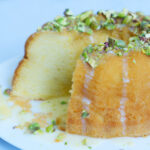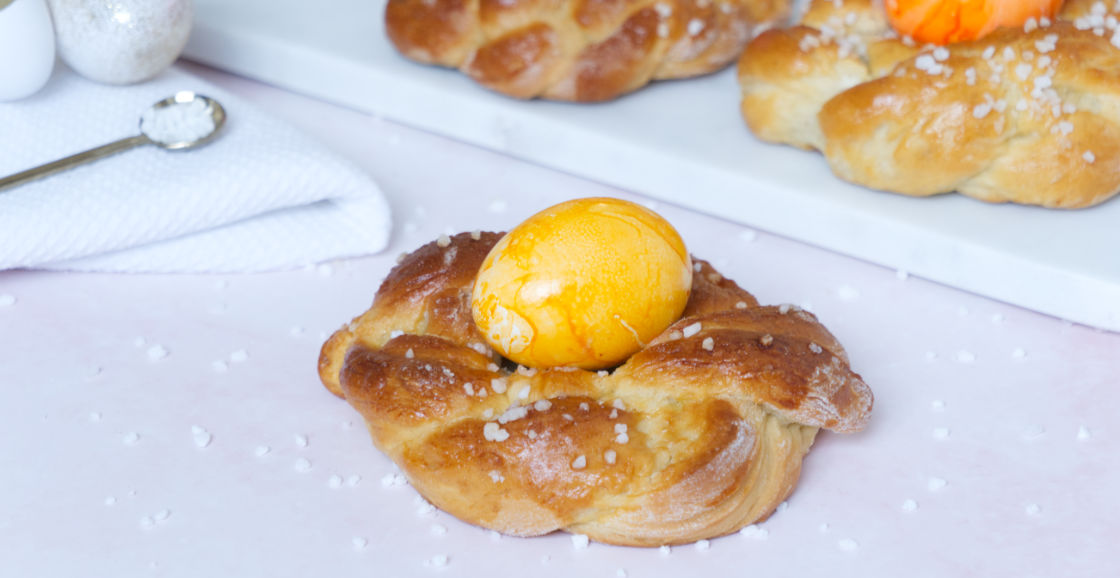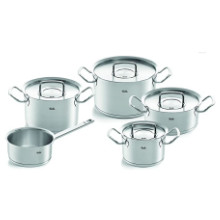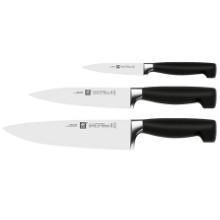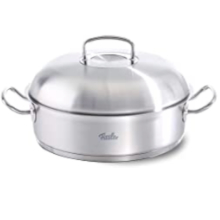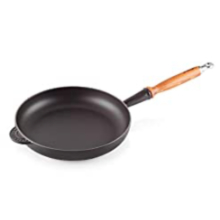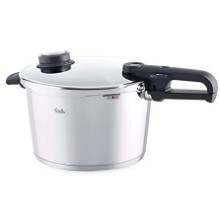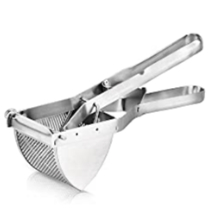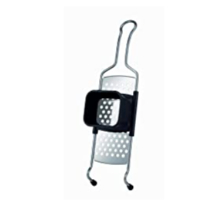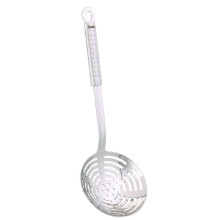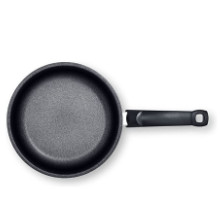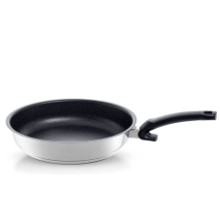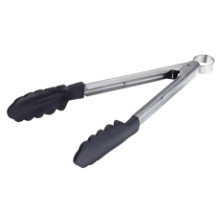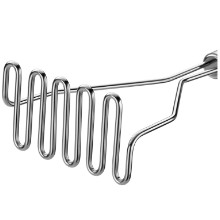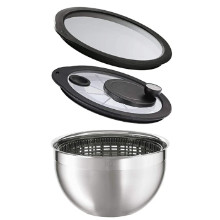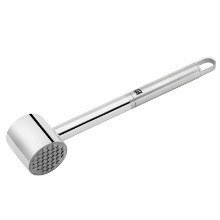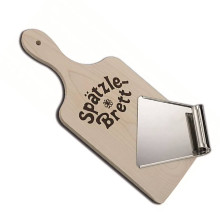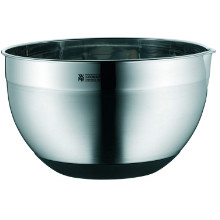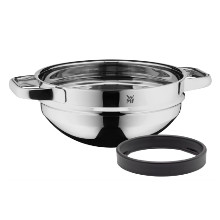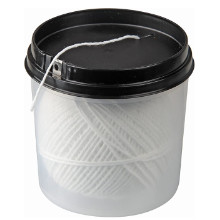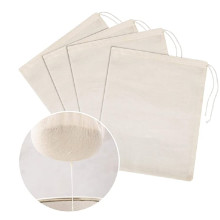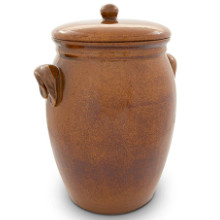Germans cannot imagine celebrating Easter without yeast bread – the form doesn’t matter really. Below I would love to share with you my favourite German Easter Nest Recipe that you will bake year after year – just like I do!
Table of Contents
Recipe

German Easter Nest
Dough
- 125 ml milk
- 280 g all purpose flour
- 40 g caster sugar double the sugar content for sweeter nest
- 8 g vanilla sugar
- 1 pinch salt
- 24 g fresh yeast
- extra flour
Decoration
- 1 egg
- 4 tbsp decorating sugar, pearl sugar, or coarse sugar
- 4 colorful Easter eggs for serving
- Mix all dry ingredients (flour, sugar, vanilla sugar and salt) together in a bowl.
- Add the egg and butter, then crumble the yeast cube into the bowl.
- Heat the milk in a saucepan for the dough until it is lukewarm.
- Pour the lukewarm milk over it and knead the dough vigorously using the dough hook of a mixer for at least 5 minutes until smooth dough. Cover with a cotton towel and let the dough rest in a warm place (ideally 35 degrees) for at least 30 minutes (max. 2h).
- Sprinkle some flour on the work surface and knead the dough briefly again. Divide the dough into 4 portions. Each portion should have around 140g.
- Divide each portion of dough into three smaller pieces and roll each piece into equal strands approximately 15-20 cm long.
- Place all three strands next to each other and begin braiding them. Press the ends from both sides together.
- Fold the braid in a circle, overlapping the two ends slightly and pressing them together. Repeat 3 times!
- Place each piece of dough on a baking tray lined with baking paper. Leave little space between them, as the dough will rise before and while baking. Place an egg in the middle of each nest, cover it with a cotton towel, and let it rest for another 20 minutes.
- Preheat the oven to 170°C top/bottom heat (338°F).
- Place the egg in a bowl and beat lightly with a fork.
- After the rising time, take the eggs from the Easter nests and brush each nest with the beaten egg.
- Sprinkle each nest with 1 teaspoon of coarse sugar.
- Bake the nests in the oven until golden brown (for 18-20 minutes).
- Allow the Easter nests to cool down completely before serving.
If you like to start your Easter Sunday with something sweet – Easter Yeast Nest are an idea to consider. Those fluffy and sweet baked goods not only taste delicious but also look very presentable on the Easter table.
The first time when I ate Yeast Easter Nests was when I was invited to spend Easter in my husband’s family home. I immediately fell in love with them and decided to bake them myself for Easter each year.
In my recipe you can find 2 variations of the German Easter Yeast Nests – one with more and one with less sugar. Which one you choose depends on how you like to eat your yeast nest. Some enjoy eating it plain – in this case I would recommend choosing the version that contains more sugar. Some like to eat it with butter and sweet topping like honey or jam – in this case I would suggest choosing the variation with less sugar.

Tips
My favorite way to eat the German Yeast Easter Nest is to eat it with butter and jam. If you also like to have the nest with a sweet topping I would recommend to use the vacation that contains less sugar.
For decoration I always use coarse sugar. I you cannot find this type of sugar in your country you might want to decorate it with thick sugar glaze or sesame.
Tools that might come in handy
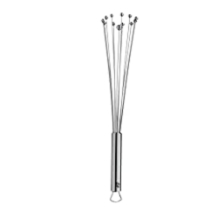
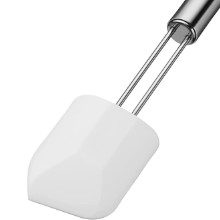
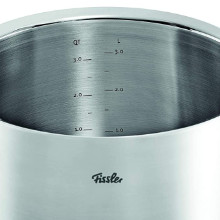

Storage & Reheating

Store fresh dough up to 24h in the fridge.
Store baked good in airtight container or plastic wrap at room temperature for 2-3 days.

If you want to keep your yeast nest for a longer period of time, you can freeze it. Pack it in a freezer bag or a container and keep it in the fridge for up to 6 months.

If you want to eat your yeast nest, take it out of the freezer and let it thaw at room temperature.
Variations
If you don’t like baking several nests, you can try baking German Braided Yeast Bread using the same ingredients!
Related Recipes
